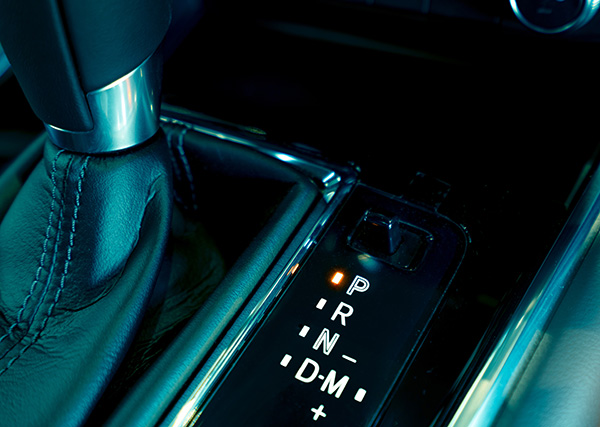
Hearing a loud clunk when shifting your car into drive is not something to ignore. While it might be tempting to assume it’s just “one of those noises,” this kind of sound often points to underlying issues that can worsen over time. Whether it’s happening occasionally or every time you shift gears, finding out what’s causing the clunk is the first step to protecting your transmission and drivetrain.
What Does the Clunk Mean
The clunking sound is usually a sign of stress or play somewhere in the drivetrain. When components like mounts, joints, or gears aren’t operating as they should, the sudden transfer of torque from the transmission can cause a loud mechanical impact. It’s a signal that something isn’t absorbing the force the way it’s supposed to.
Some drivers notice the clunk only when shifting into drive from a complete stop. Others hear it when switching between drive and reverse. Either way, it suggests that some part of the system is loose, worn, or misaligned.
Worn Engine or Transmission Mounts
Engine and transmission mounts are designed to hold your drivetrain in place while allowing for a limited range of motion. Over time, rubber mounts can wear out or tear, and hydraulic mounts can leak. When this happens, the engine or transmission may move more than it should, creating a clunk when shifting as it rocks against its mounts.
In many cases, worn mounts don’t just create noise but also lead to vibrations that you’ll feel through the steering wheel or floorboard.
Issues With the Driveshaft or U-Joints
In rear-wheel and all-wheel-drive vehicles, the driveshaft connects the transmission to the differential. Universal joints (U-joints) allow the driveshaft to flex and rotate smoothly. If a U-joint is dry, worn, or starting to seize, it can cause a loud clunk when shifting or accelerating.
Over time, U-joints may begin to show play or binding. This can also result in a clunking sound when letting off the gas or during low-speed turns.
Differential or Axle Problems
If the clunk seems to come from the rear of the vehicle, the issue may lie within the differential or axle shafts. Worn gears, excessive backlash, or broken internal components can create play in the system. When torque is applied during shifting, that slack can result in a harsh noise.
Axle problems might also be accompanied by other symptoms like vibration, whining, or grinding noises when driving.
Suspension and Bushing Wear
Sometimes, what sounds like a transmission issue is actually coming from the suspension. Worn control arm bushings, sway bar links, or other components can cause clunking when shifting, especially if they allow excess movement in the chassis.
This is more likely if the sound is also present when going over bumps or turning the steering wheel.
Low or Contaminated Transmission Fluid
Transmission fluid plays a key role in shifting smoothly. Low or dirty fluid can reduce hydraulic pressure, cause delayed engagement, or create hard shifts—all of which can contribute to clunking. If the clunk is accompanied by harsh or jerky shifting, it’s worth checking the fluid level and condition.
Transmission services that include a fluid change and filter replacement can often improve how your car shifts, especially if the fluid is overdue.
Should You Keep Driving
While your car may still feel drivable after you hear the clunk, continuing to operate it without diagnosis can lead to further damage. If the problem is related to mounts or U-joints, it may only get worse with time. If it's a transmission issue, delaying repairs could result in higher repair costs or even a full transmission failure.
Ignoring clunking noises can also lead to safety concerns, especially if the part in question fails while driving.
Expert Transmission Help in Berkeley, CA
At Oceanworks Berkeley in Berkeley, CA, our team understands the ins and outs of drivetrain diagnostics. If your car is clunking when shifting into drive, don’t wait until it becomes a bigger problem. We’ll inspect your mounts, joints, transmission, and suspension to find the source and get you back on the road with confidence.
Book your appointment today and let us help you drive smoothly and safely.